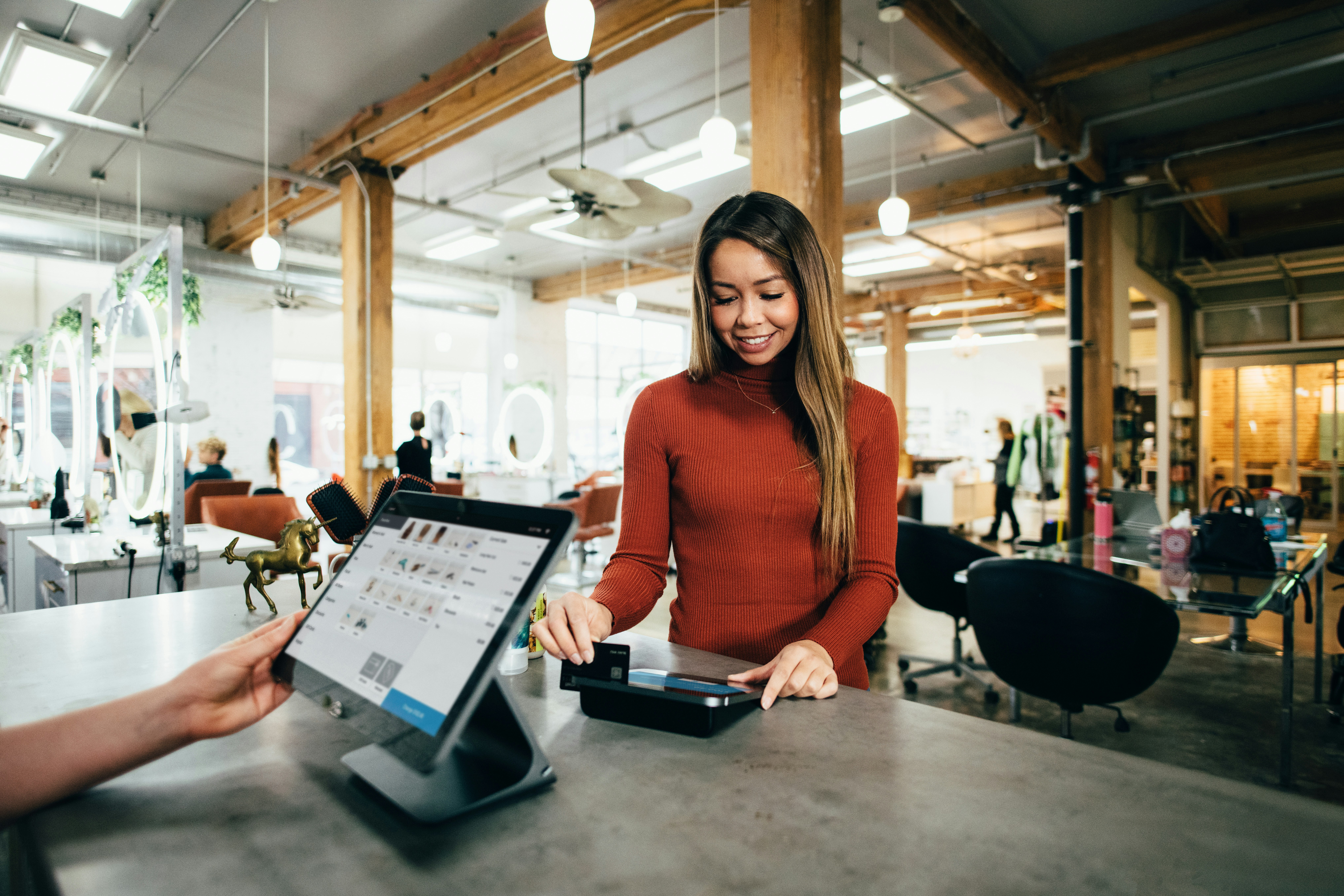- Walmart
Walmart is one of the largest retailers in the world. The company has invested significantly in technology, which gives it an edge over other companies. It uses machine learning to optimize delivery routes, match products in its catalogue and recommend products to the customers based on their browsing history. It also uses it alongside data analysis to show shoppers targeted advertisements.
- Amazon
As the leading online retailer, Amazon has access to massive customer data. Amazon can forecast demand for certain products, identify fraud in purchases, and provide tailored product recommendations and promotions to the customers using machine learning. Furthermore, machine learning is also a driving force behind Alexa, Amazon’s smart AI assistant and its cloud computing service (AWS).
- ASOS
Asos is an online fashion outlet with a collection of about 85,000 clothing items at any given time. With this massive inventory, it needs technology to recognize products. This is where image recognition comes in. Machine learning's image recognition capabilities are needed to describe the attributes of each product. ML is also used to track each customer's shopping habits and assign them a customer lifetime value, which predicts the possible amount they are likely to spend in the coming years.
- The North Face
In collaboration with IBM, The North Face has brought an AI system to its website to guide customers to the right products. Natural language processing capabilities and conversational interface make shopping easy, like talking to another human.
- Softbank Robotics
This is the company behind Pepper, an AI-powered and machine learning humanoid. Although this humanoid has many capabilities, it is mainly intended for retail. It is therefore stationed across some malls in San Francisco where it helps in customer service tasks like giving visitors directions, providing entertainment and answering customer questions.
- American Eagle Outfitters
Based in Pittsburg, Pennsylvania, this organization uses ML to create a visual search engine within its mobile app that allows shoppers to use the cameras of their phones to find specific items or something similar. It also recommends accessories to the customers.
- Macy’s
Like The North Face, Macy's has teamed up with IBM to use Watson for Macy’s On Call. This feature enables customers to ask questions on the company’s mobile site and get unique information about each physical store. For example, if you need help finding men’s sneakers or restrooms at Macy’s, its On Call can help in this.
Although machine learning still has a lot of potential, the retail industry has significantly benefited in different areas such as personalization of shopping experience and enhancing shopping process. Moving forward, a great customer experience will be achieved by blending technology with a personalized touch. Amazon, for example, with machine learning-driven product recommendation systems tailored for every shopper, makes it easy for shoppers to locate products faster and waste little time making purchasing decisions. This creates a positive customer experience and increases sales. This is one of the reasons why Amazon leads in online shopping among sellers.












